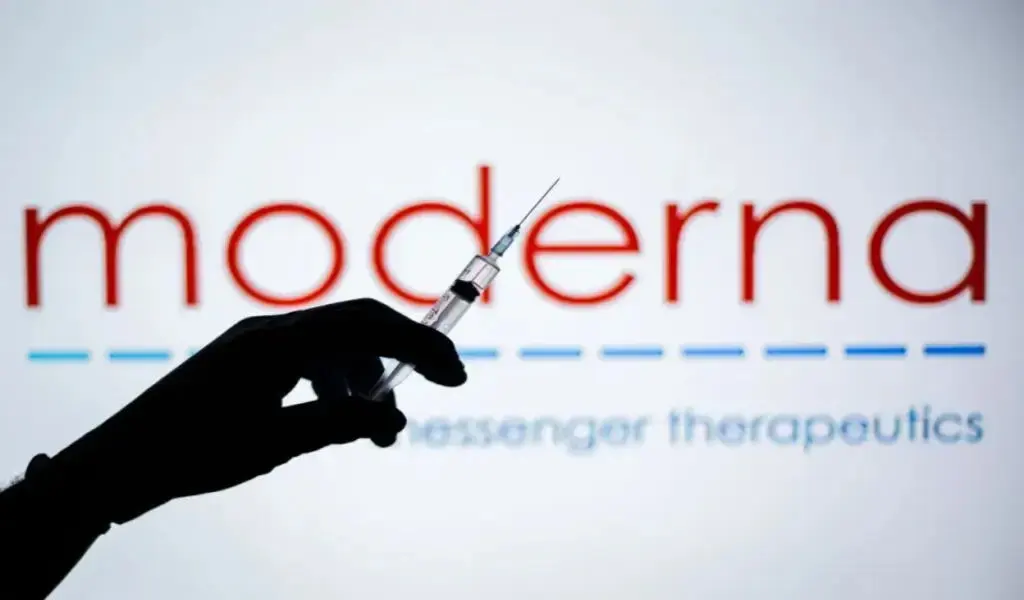(CTN News) – One of the biggest challenges associated with the development of a Cancer Vaccines is the identification and targeting of antigens.
-
A cancer vaccine can be classified as preventive, therapeutic, or neoantigen, which are three types of cancer vaccines.
-
As a result of the success and rapid deployment of personalized mRNA cancer vaccines during the COVID-19 pandemic, personalized mRNA cancer vaccines have become a hotbed of research activity.
It is the recognition of a threat that is the essence of a Cancer Vaccines. When our bodies learn to recognize a threat, they mount an immune response that is targeted at the threat.
Vaccines have been known to help prevent deadly diseases caused by viruses and bacteria for more than 200 years, according to research published by the Cancer Research Institute (CRI)[1].
Microbes present a clear antigen. There is, however, no such thing as cancer cells, which show similar symptoms to their healthy counterparts, which is not the case with normal cells.
Therefore, the development of a cancer vaccine is a challenging task, and sophisticated strategies are required to get the job done.
Vaccines for cancer and their types
There are several viruses that cause cancer in the body. Researchers at CRI have identified a number of cancer vaccines that could be used to prevent diseases such as HBV (e.g., liver cancer) and HPV (e.g., cervical cancer), according to their research.
Some examples include Cervarix, Gardasil, and Gardasil-9, which protect against different strains of HPV, and the HBV vaccine, which protects against HBV infection and associated liver cancer.
Vaccines against Neoantigens are developed based on mutations that occur in cancer cells called Neoantigens, which are named after those mutations.
Among the advantages of neoantigen vaccines is the fact that the immune system can only target cancer cells and spare healthy cells, which do not express mutations. This will help prevent the spread of cancer.
Vaccines based on neoantigens – more information
It has been suggested that neoantigens, which have been associated with a number of different cancer types, may be a promising choice for use as targets in immunotherapeutic approaches since they are not normally lost due to immune escape,” wrote the authors of a review published in Cancer.[2]
A number of neoantigen vaccines are currently in development, including some against the target Mucin 1 (MUC1); MUC1 is overexpressed in a variety of adenocarcinomas, among others.
HER2/neu is also one of the targets of anti-HER2/neu antibodies, which are able to block cancer progression in response to anti-HER2/neu antibodies.
A method to combat immunosuppression is to leverage short-hairpin RNAs and small interfering RNAs in dendritic cells versus immunosuppressive factors.
Dendritic cells of the immune system are polarized to suppress the immune system. In addition to the activation of T cells, this polarization also boosts the differentiation of regulatory T cells, which are responsible for mediating the growth of tumors.
In animal models, the combination of adipose-derived stem cells and the E7 cancer antigen specific protein decreased the endothelial cell marker CD31 as well as the vascular endothelial growth factor, as well as increasing the number of CD4+ T cells, CD8+ T cells, and natural killer cells.
Based on the results of these studies, according to the article published in Cancer, a possible immunotherapy approach could be explored.
Cancer vaccines based on mRNA
It is imperative to produce an mRNA vaccine as quickly as possible, within weeks after the tumor biopsy is taken, in order to achieve successful development of the vaccine.
It is interesting to note that research carried out on the development of mRNA vaccines for cancer laid the groundwork for the rapid development of a COVID Cancer Vaccines using the same technology, according to an article published by the National Cancer Institute.
Several research funds are being directed toward the discovery of new mRNA vaccines that will be able to combat COVID-19, owing to the success of mRNA vaccines in combating COVID-19.
In the past few years, there have been dozens of clinical trials with mRNA cancer treatments in progress, including studies on colorectal cancer, pancreatic cancer, and melanoma.
SEE ALSO:
Google Uses Old Books And Technology To Fight Insect-Borne Diseases






